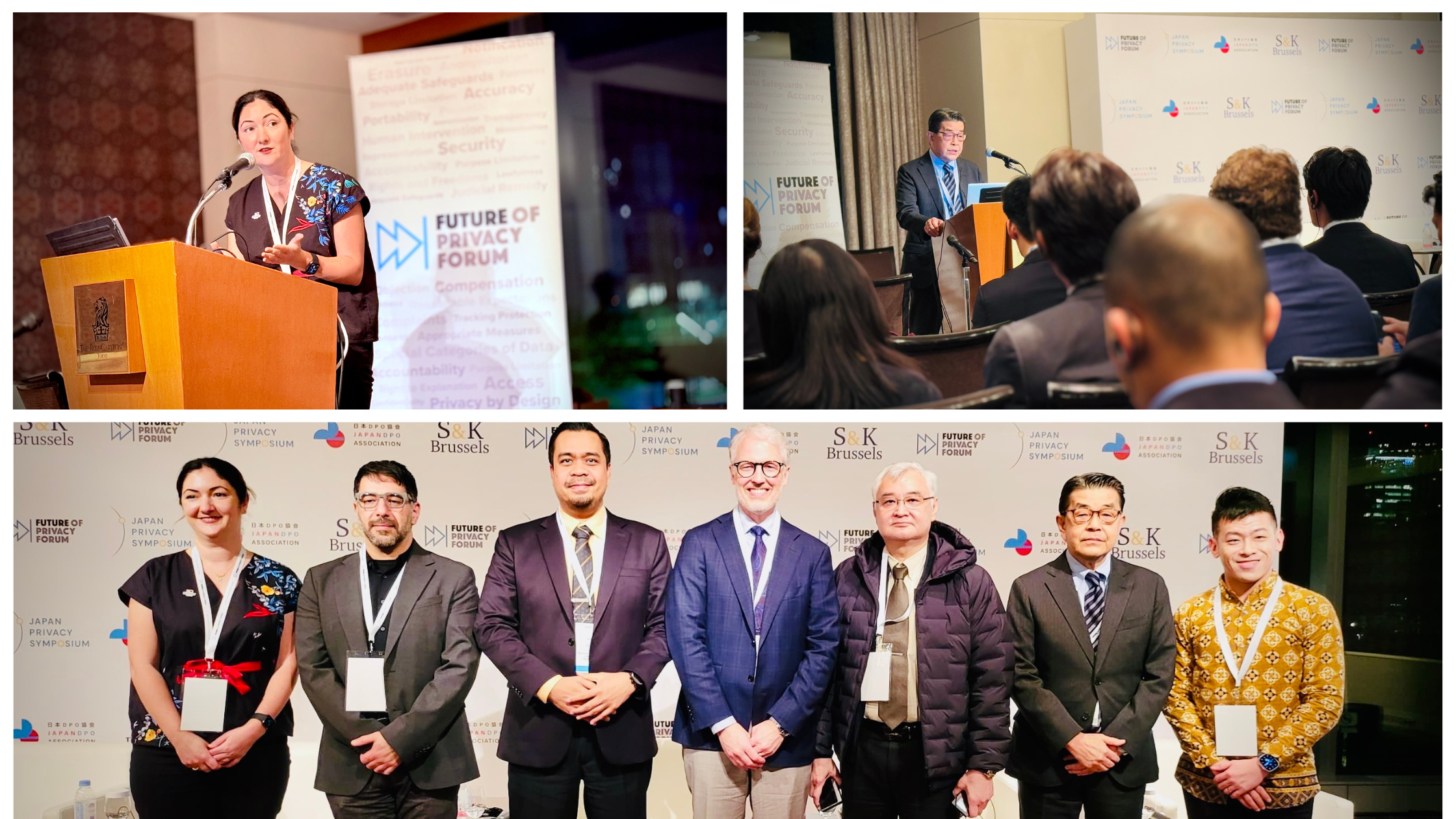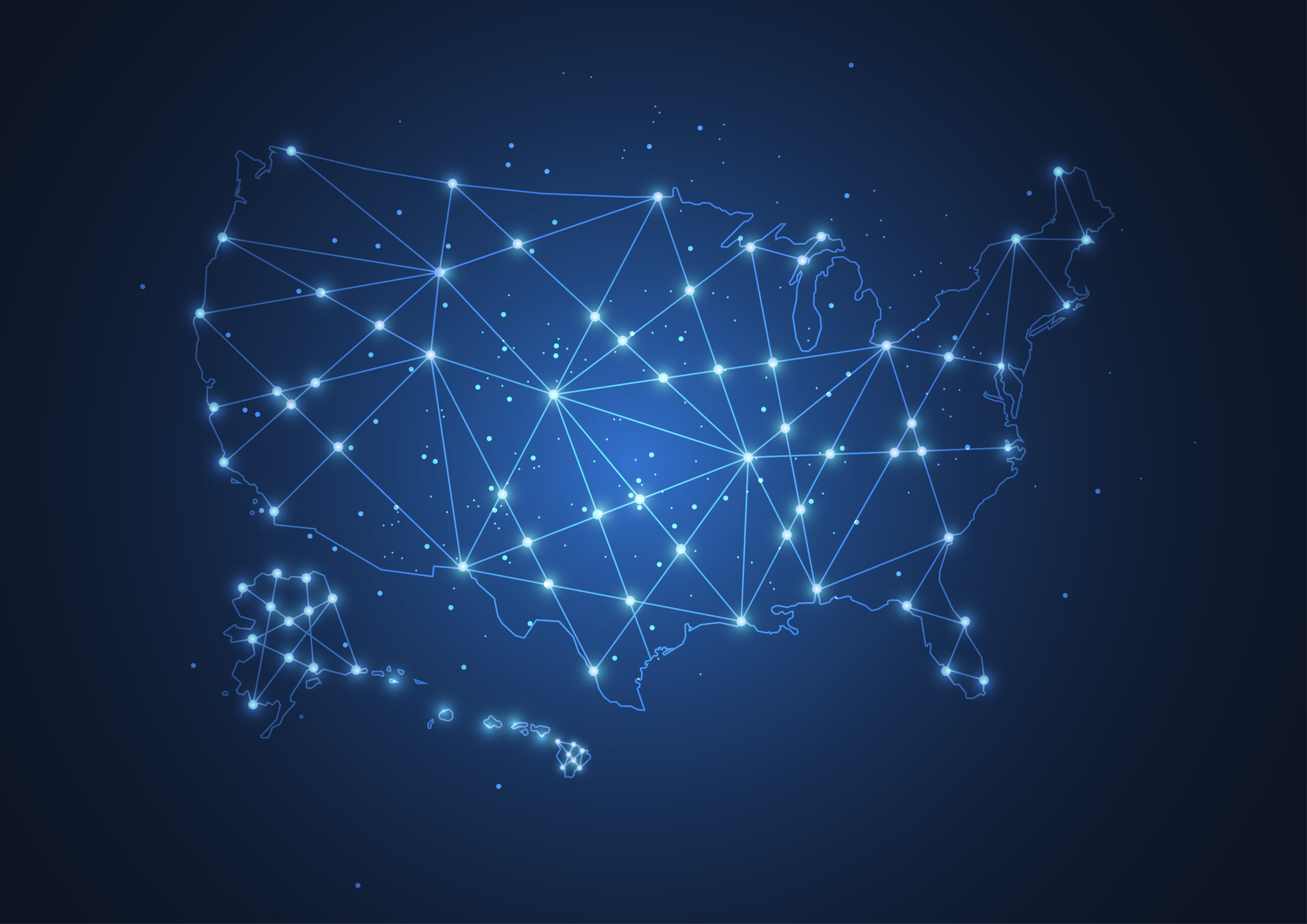
FPF’s Year in Review 2024
With contributions from Judy Wang, Communications Intern 2024 was a landmark year for the Future of Privacy Forum, as we continued to grow our privacy leadership through research and analysis, domestic and global meetings, expert testimony, and more – all while commemorating our 15th anniversary. Expanding our AI Footprint While 2023 was the year of […]

OAIC’s Dual AI Guidelines Set New Standards for Privacy Protection in Australia
On 21 October 2024, the Office of the Australian Privacy Commissioner (OAIC) released two sets of guidelines (collectively, “Guidelines”), one for developing and training generative AI systems and the other one for deploying commercially available “AI products”. This marks a shift in OAIC’s regulatory approach from enforcement-focused oversight to proactive guidance. The Guidelines establish rigorous […]

Leslie Harris

Project Manager, Global Privacy
Position Overview The FPF Global Privacy Team seeks a project manager to provide administrative support and oversight for an 18-month U.S. Government grant. The project manager will work with senior management, the internal Grants team and other policy, project, and operations staff, as well as external partners, to contribute to the development and execution of […]

Insights from the Second Japan Privacy Symposium: Global Data Protection Authorities Discuss Their 2025 Priorities, from AI, to Cross-Regulatory Collaboration
The Future of Privacy Forum (FPF) hosted the Second Japan Privacy Symposium (Symposium) in Tokyo on November 15, 2024. The Symposium brought together leading data protection authorities (DPAs) from around the world to discuss pressing issues in privacy and data governance. The Symposium featured in-depth discussions on international collaboration, artificial intelligence (AI) governance, and the […]

History of the FPF Smart Places Initiative
As of December 31, 2024, the Future of Privacy Forum will retire and no longer support the Smart Places Self-Regulatory Program, including the MAC Address Opt-Out previously hosted at www.smart-places.org. Read on to learn more about the history and the future of this initiative. Brief History of Smart Places The Smart Places Opt-Out and Code […]

Policy Counsel/Senior Counsel
General Overview: FPF is seeking a Policy Counsel or Senior Counsel (depending on experience) to advance our mission to support principled data practices. Key responsibilities for the position will include: working with the FPF team and leadership to define and execute a strategic vision for FPF’s work on data protection issues that are relevant to […]

Five Big Questions (and Zero Predictions) for the U.S. State Privacy Landscape in 2025
In the enduring absence of a comprehensive national framework governing the collection, use, and transfer of personal data, state-level activity on privacy legislation has been on a consistent upward trend since the enactment of the California Consumer Privacy Act in 2018. With all 50 U.S. states scheduled to be in session in 2025, stakeholders are […]

In a Landmark Judgment, The Inter-American Court of Human Rights Recognized an Autonomous Right to Informational Self-Determination
The following is a guest post to the FPF blog by Jonathan Mendoza Iserte, Secretary of Personal Data Protection at Mexico’s Instituto Nacional de Transparencia y Acceso a la Información y Protección de Datos Personales (INAI), and Nelson Remolina Angarita, Professor at the Faculty of Law, Universidad de los Andes, (Colombia). The guest blog reflects the […]

Fundamentals of Online Advertising
Fundamentals of online advertising MARCH 27, 2025 @ 1:00 – 3:00 PM FPF is pleased to offer our introduction to Online Advertising course. In the Future of Privacy Forum’s training on Fundamentals of Online Advertising, participants will explore the evolution of the online advertising ecosystem and a variety of related topics, including basic ad delivery and […]
